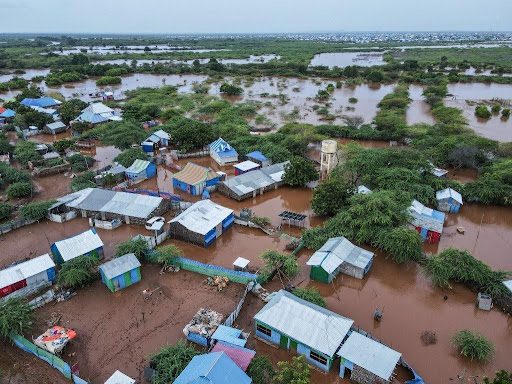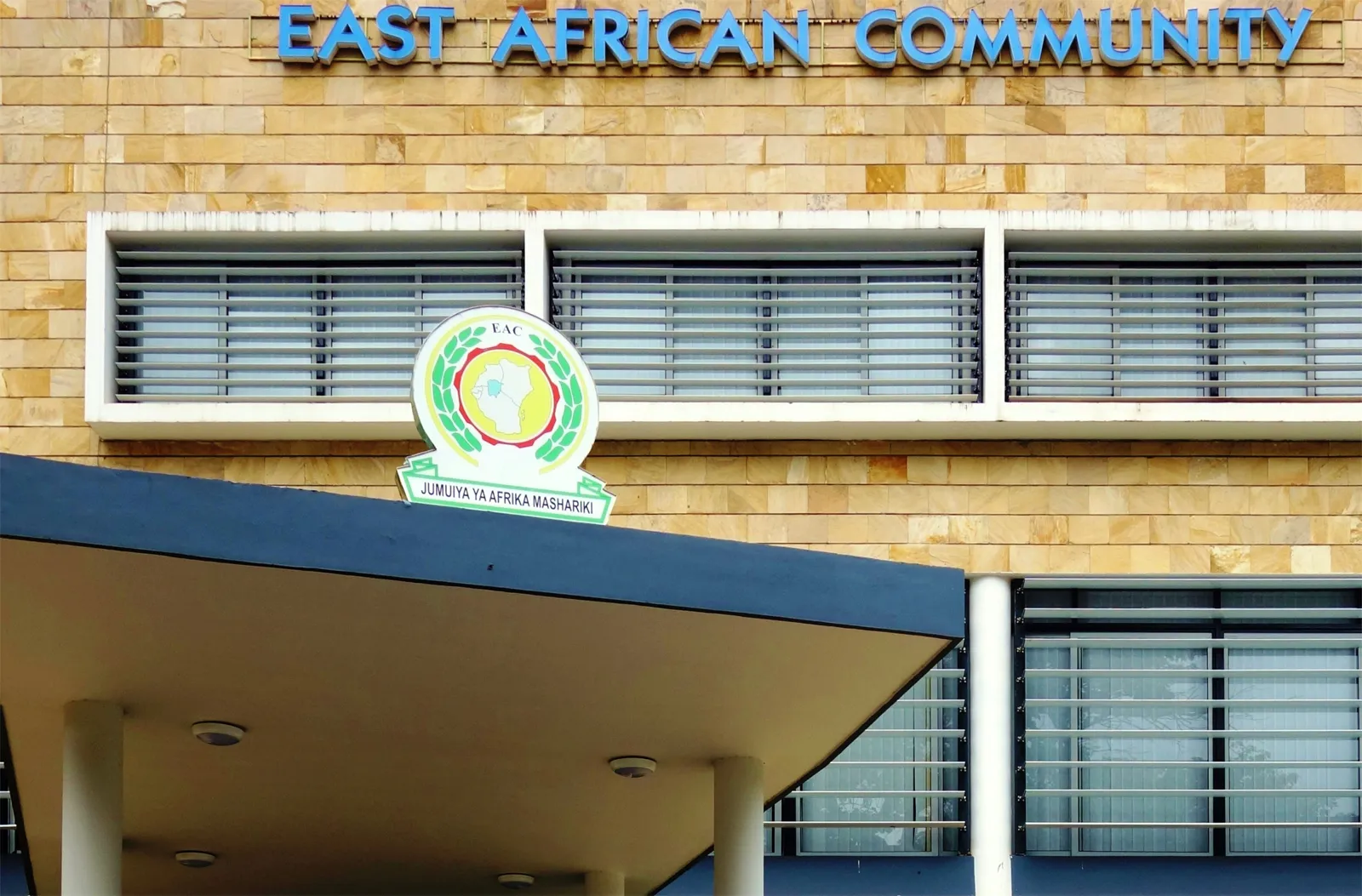

Femicide—the intentional killing of women because of their gender—has reached alarming levels across Africa, and the crisis demands immediate attention. In 2023, the continent recorded over 21,000 cases of femicide, making it the region with the highest rates of gender-based killings globally. This devastating reality underscores the urgent need for decisive action from governments, civil society, and the international community.
From South Africa to Kenya, femicide rates continue to rise at an alarming pace. In South Africa, femicide is among the highest in the world, with intimate partner violence claiming the lives of countless women. In Kenya, more than 100 women were killed in just the first four months of 2024, highlighting the escalating nature of the problem. Protests erupted across the country, demanding stronger government action to protect women. While Kenya has established a specialized police unit to address gender-based violence, the continued rise in femicide cases signals that these efforts have not yet been enough to curb the crisis.
Other countries, including Côte d’Ivoire and Burundi, are also grappling with femicide. In Côte d’Ivoire, the murder of a young woman in 2024 sparked national outrage, bringing attention to the urgent need for better protections for women. Meanwhile, Burundi has seen a steady increase in femicide cases, further illustrating that this problem is widespread across the continent.
Several factors contribute to the persistence of femicide in Africa. At the heart of the issue are deeply ingrained patriarchal norms and cultural practices that view women as inferior to men. These societal attitudes often treat women as property, justifying violence—including femicide—as a means of maintaining control. The underreporting of femicide, due to societal stigma, fear of retaliation, and a lack of reliable reporting mechanisms, further exacerbates the problem. Without accurate data, it is difficult for governments and organizations to fully comprehend the scope of the issue and implement effective solutions.
A significant contributing factor is the weakness of legal frameworks in many African countries. While some regions have laws to protect women, enforcement is often inconsistent or inadequate. Perpetrators of femicide are frequently able to act with impunity, making it clear that stronger legal measures are needed to hold offenders accountable and protect vulnerable women.
In response to the growing femicide crisis, civil society organizations and activists across Africa are calling for change. In Kenya, women’s rights groups continue to push for stronger laws and better protection for women, despite facing resistance. South Africa has seen large-scale protests demanding government accountability and stronger legal protections. However, the persistence of femicide rates suggests that much more needs to be done to tackle the root causes and protect women effectively.
Combating femicide in Africa requires a comprehensive approach. Governments must strengthen legal frameworks to ensure that laws protecting women are enforced and that perpetrators face justice. In addition, there must be an investment in public awareness campaigns and education to challenge harmful cultural attitudes toward women. Promoting gender equality and dismantling patriarchal norms is essential to preventing violence before it happens.
Moreover, reliable data and improved reporting mechanisms are crucial to understanding the full scope of femicide and shaping targeted interventions. Protection services—such as safe shelters and legal support—must be accessible to women at risk. By taking these steps, Africa can begin to address the root causes of femicide and work toward a future where women are no longer seen as targets of violence simply because of their gender.
Femicide in Africa is an epidemic that requires urgent and coordinated action. Governments, civil society, and the international community must unite to dismantle the cultural, legal, and societal barriers that allow femicide to thrive. Only then can Africa hope to build a future where women are valued, protected, and able to live free from the fear of violence.


